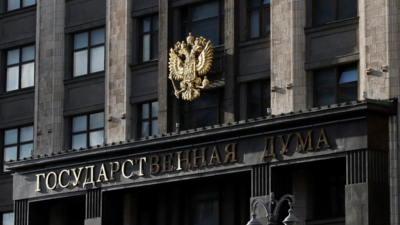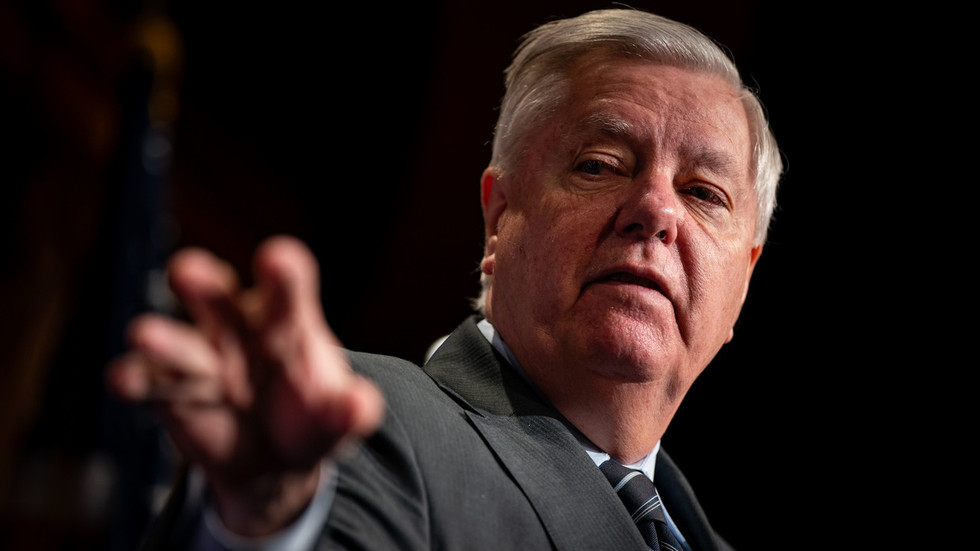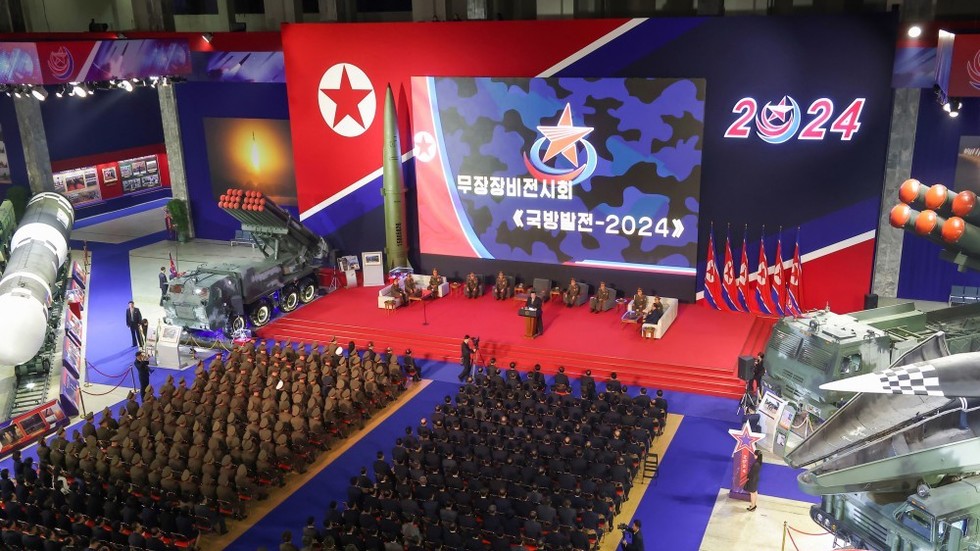
Russian lawmakers
have approved final legislation prohibiting the promotion of childlessness, as part of Moscow's efforts to counter what it perceives as Western liberal influences. With declining birth rates and an ageing population, Russia aims to address demographic challenges, which have been further impacted by its military campaign in Ukraine.
The State Duma unanimously endorsed the bill, which restricts content across various media platforms that encourages the rejection of parenthood. The legislation targets specific content promoting deliberate childlessness.
Whilst personal choices remain protected, the law focuses on the promotion of childless lifestyles, though the practical distinction remains unclear. Penalties include fines of up to 400,000 rubles for individuals and 5 million rubles for organisations, with provisions for deporting foreign offenders.
Duma speaker
Vyacheslav Volodin
emphasised the law's significance, stating, "Without children, there will be no country. This ideology will lead to people stopping giving birth to children." He highlighted its role in safeguarding youth and promoting
traditional family values
.
The upper house will review the legislation on November 20, before
President Vladimir Putin
's anticipated approval. This adds to existing restrictions on LGBTQ-related content and gender transition discussions.
Additionally, the Duma passed legislation barring foreign adoptions from countries permitting gender reassignment. Since 1993, foreigners have adopted 102,403 Russian children, according to Volodin, who criticised Western approaches to childcare.
Russia's stance against liberal values has intensified since its Ukraine offensive began. In July 2023, the country banned the "international LGBT movement" and outlawed gender reassignment procedures. President Putin has consistently expressed criticism towards gender reassignment and LGBTQ individuals.
This follows Russia's 2012 ban on US adoptions, implemented after a Russian child's death in American care. The country continues to maintain restrictive policies towards LGBTQ individuals, reinforcing its opposition to what it considers Western liberal ideologies.

 1 week ago
6
1 week ago
6









